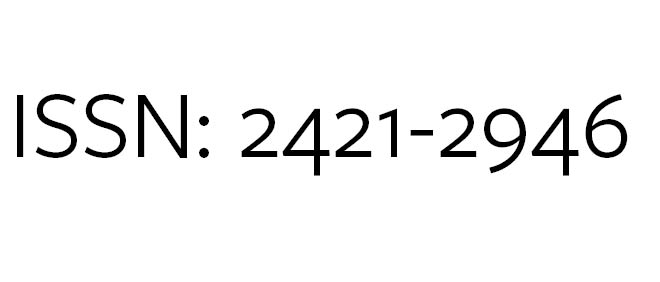Assessing Intercultural Competence
Marta Milani
Despite the attention paid by European educational policies to intercultural competence in the past decade, its assessment remains a difficult subject due to the complexity in knowing how it should be designed, built, assessed and redirected in relation to its set objectives. At the same time, however, we are aware that an assessment event represents an extraordinary educational tool since it supports and guides personal growth, as well as being an important litmus test with respect to education and the work performed by teachers and/or trainers. It is therefore essential to be able to outline the most suitable training and assessment tools to better capitalise on the pedagogical and generative potential of intercultural competence. This article aims to provide a contribution to the reflection about the Service Learning teaching strategy as a training and educational vehicle towards intercultural competence. In fact, it allows us to test the theory of intercultural pedagogy which is at the base of this strategy with living experience, and, thanks to its articulation and structuring (in particular, critical reflection and the sharing of thoughts, proposals and doubts, etc. with the community agencies where the service is offered), ensures that this competence can be monitored and assessed with a view to continuous improvement.
Keywords
Intercultural competence, Service learning, Intercultural education, Assessment, Didactics.



